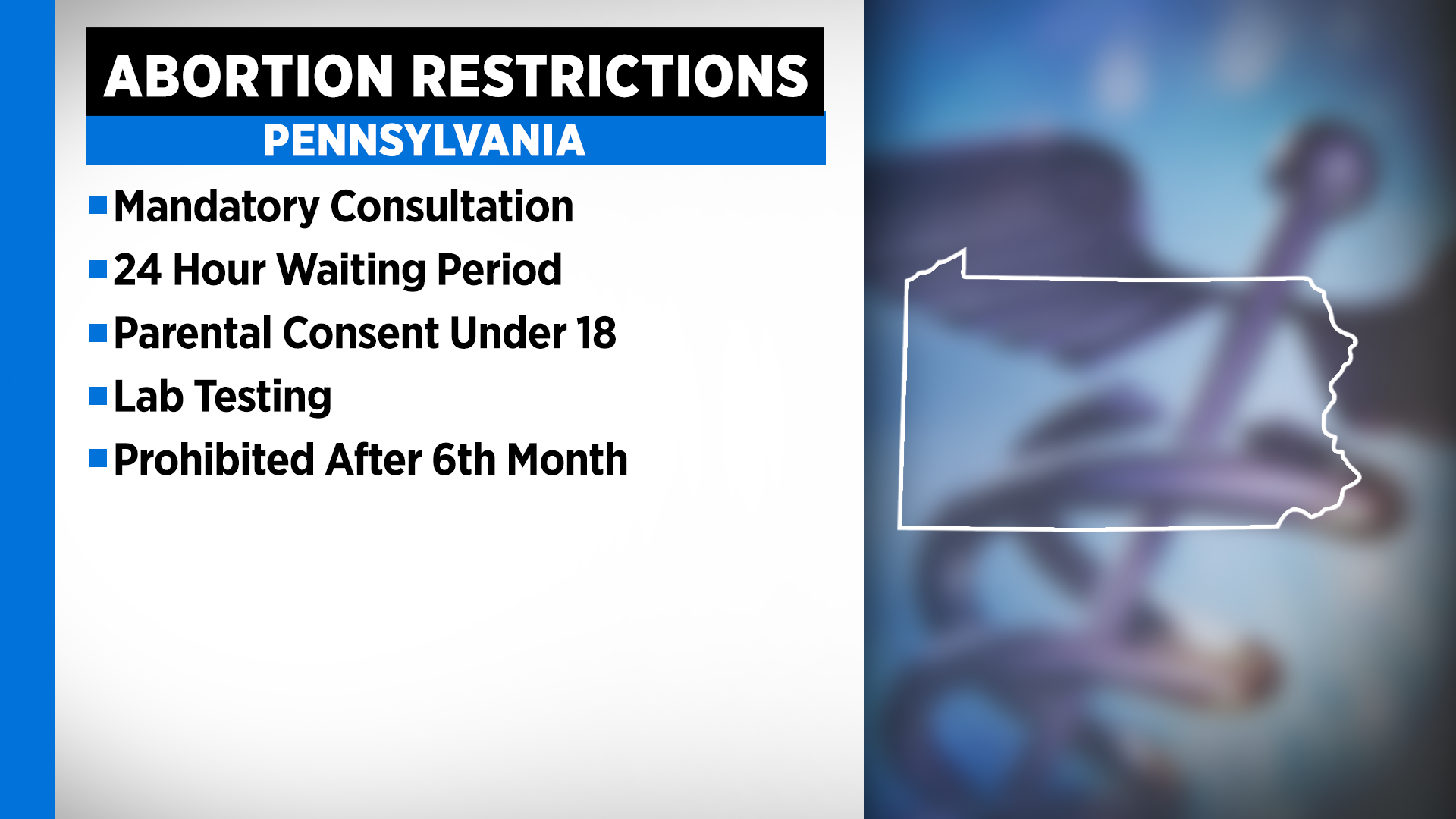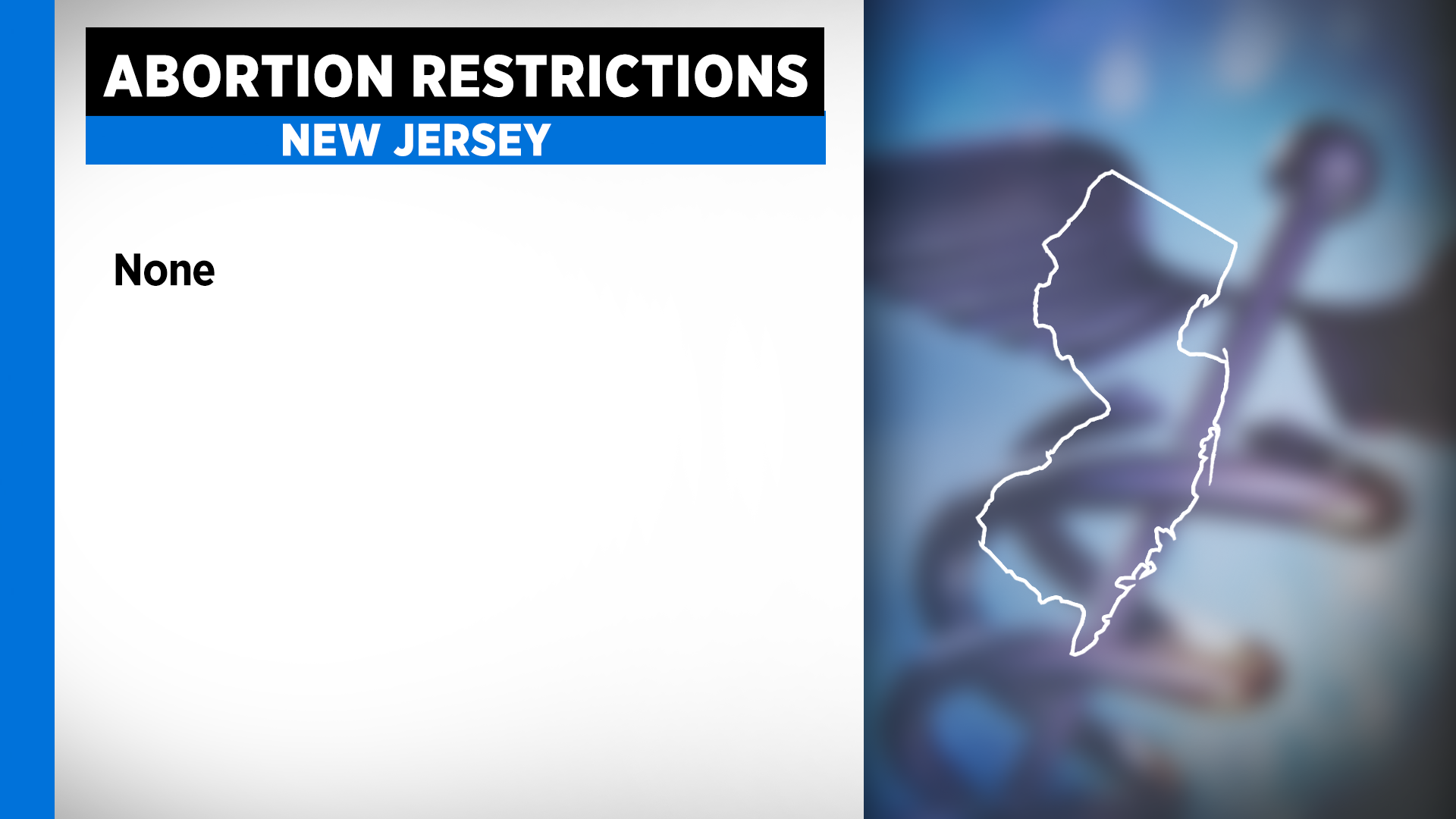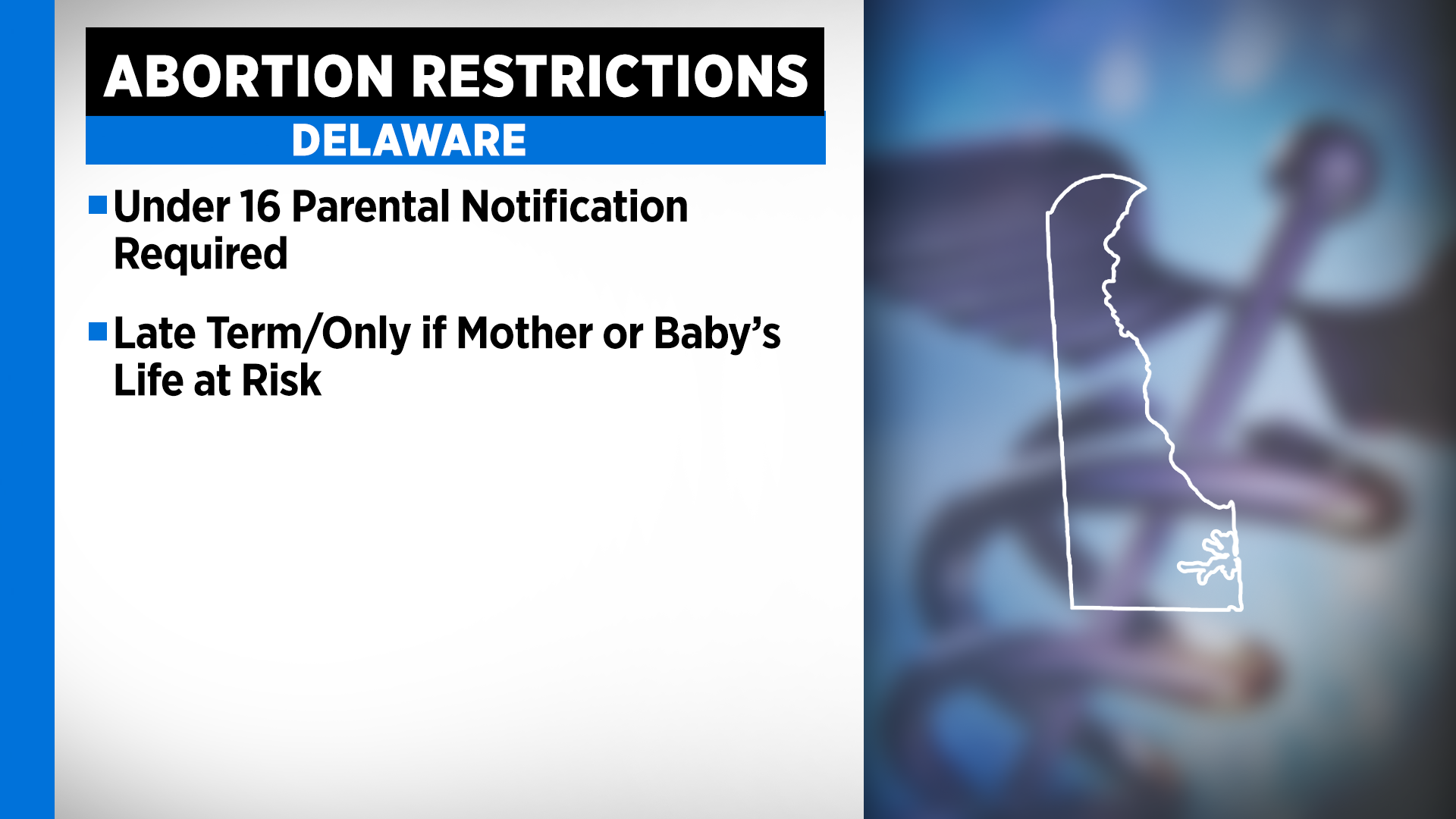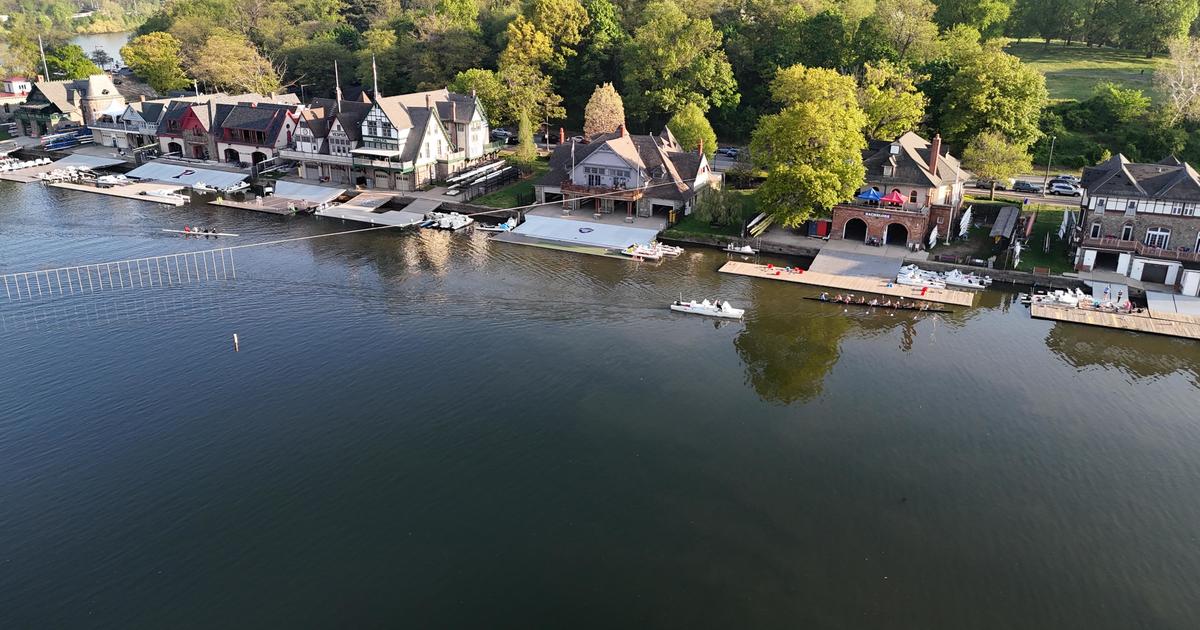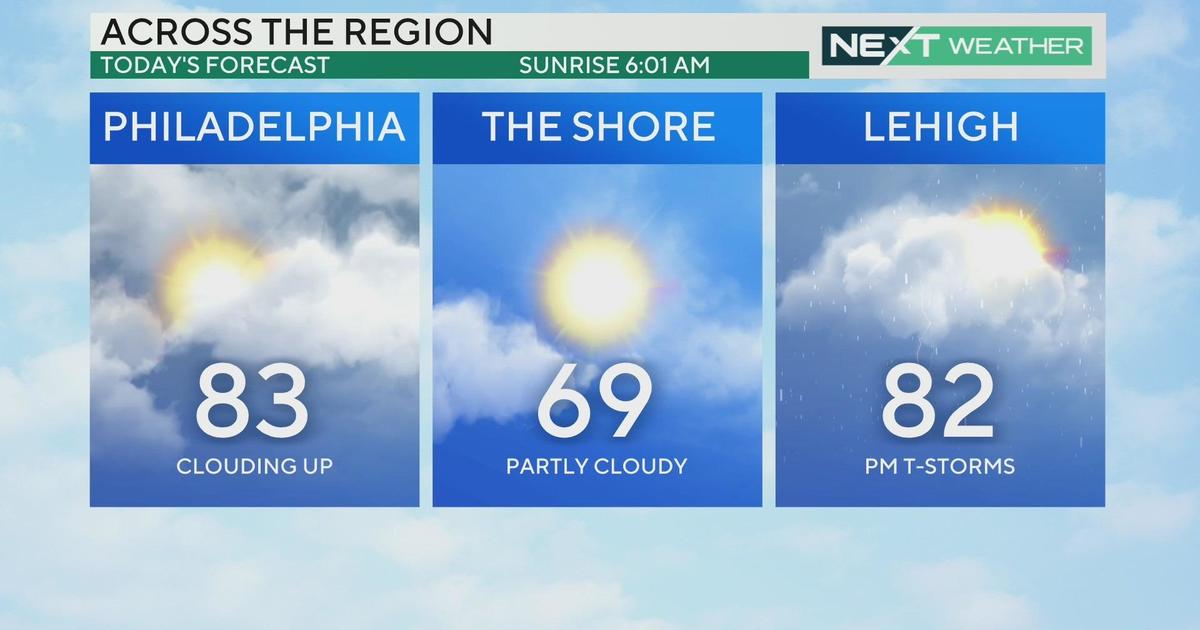Roe v. Wade Overturned: Here's What It Means For Residents In Pennsylvania, New Jersey And Delaware
PHILADELPHIA (CBS) -- The United States Supreme Court has overturned Roe v. Wade, leaving abortion rights to be determined by state law. While some states will ban abortion quickly, that's not expected in our region, at least not right away in Pennsylvania.
But abortion providers in the tri-state are expecting to see an increase in new patients, and it is raising concerns.
Resources are already limited. Many doctors say the Supreme Court's decision will jeopardize health care for some women, forcing them to cross state lines or potentially leading them to choose illegal or unsafe ways to end a pregnancy.
"It's a scary situation to be in. Abortion is basic, essential health care," Dr. Aishat Olatunde, with Physicians for Reproductive Health, said.
Olatunde, an OBGYN with Physicians for Reproductive Health in Philadelphia, reacted to the Supreme Court's Roe v. Wade decision.
"Abortion is essential necessary health care that's a part of comprehensive health, but this is about control of people's bodily autonomy and not trusting them that they know what's right for them," Olatunde said.
She says they're working to make sure they can accommodate new patients, but she's worried about poor, minority and rural women who might be jeopardized.
"Being able to access abortion shouldn't matter based on how much money you make or where you live," Olatunde said.
She's emphatic in wanting people to know that abortion remains available and legal in Pennsylvania. With the reversal of Roe v. Wade, states will now decide where they stand on the issue.
Pennsylvania
Gov. Tom Wolf has vetoed a number of abortion restrictions passed by the Republican state legislature.
"Abortion access in Pennsylvania will remain legal and safe as long as I am governor," Wolf said.
But, there are some restrictions in Pennsylvania that include, a mandatory consultation with a doctor to hear alternatives, then a 24-hour waiting period, parental consent is necessary for people under 18, lab testing has to be completed, and abortions are prohibited after the sixth month of pregnancy.
"I take care of people every single day that are navigating so many barriers to seek out abortion care," Olatunde said.
Under Gov. Wolf, women have the right to choose an abortion in the commonwealth, but the two men running for governor this fall are on completely different sides of the issue.
Josh Shapiro, the Democratic nominee for governor, said he will keep abortion legal if he were to be elected governor.
Doug Mastriano, the Republican nominee for Pennsylvania governor, held an event in New York state but didn't comment on the ruling, but he released a statement approving of the overturning.
New Jersey
New Jersey does not have any abortion restrictions and is expected to be flooded with patients seeking care from more restrictive states.
"No one should be criminalized for getting the care they need. Abortion is health care and health care decisions should be left up to the individual," Gov. Phil Murphy said.
Delaware
There are few abortion restrictions in Delaware, parental notification is required for people under age 16 and late-term abortions are only allowed if the mother or baby's life is at risk.
CBS3's Stephanie Stahl contributed to this report.
